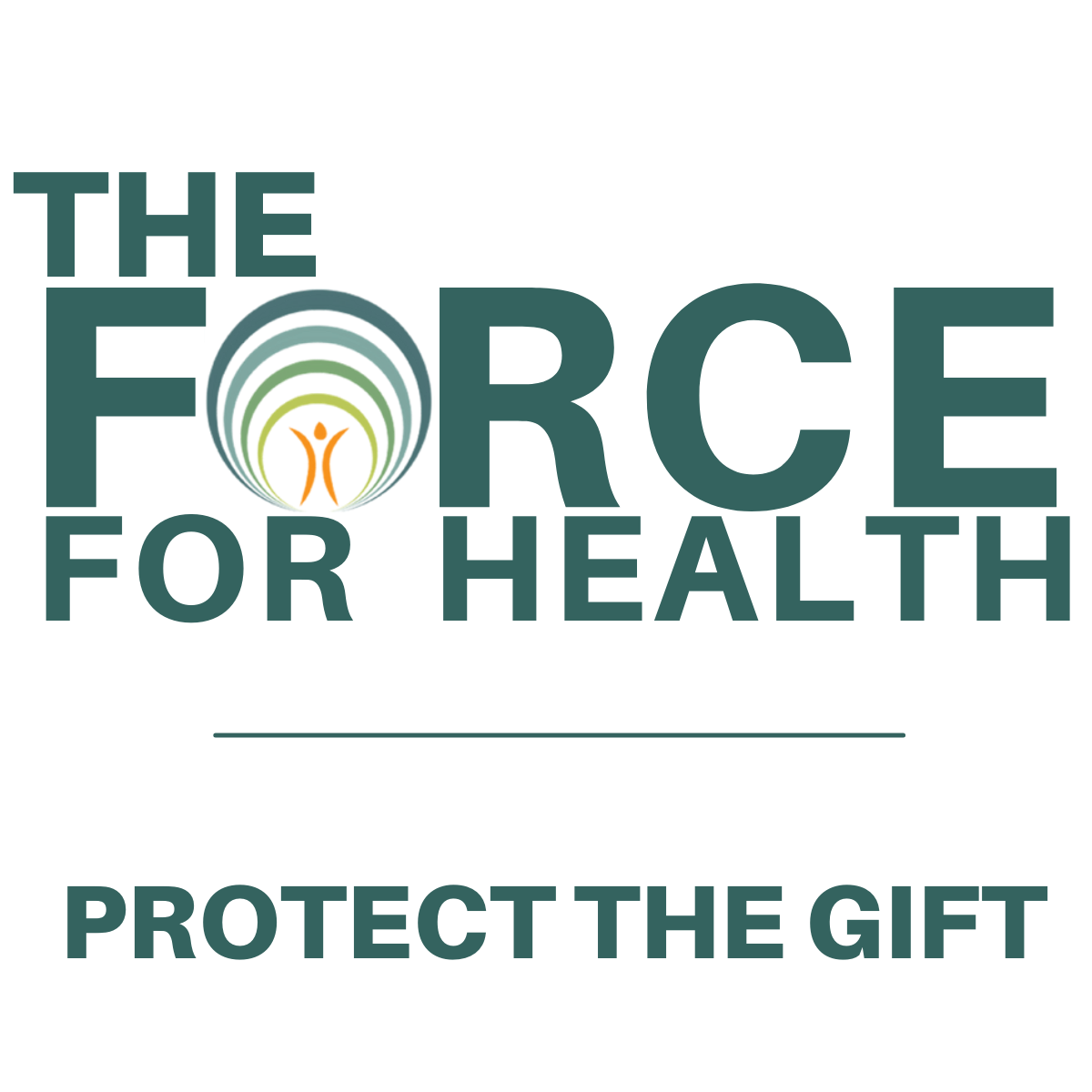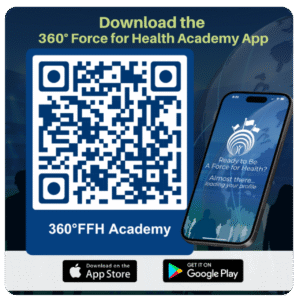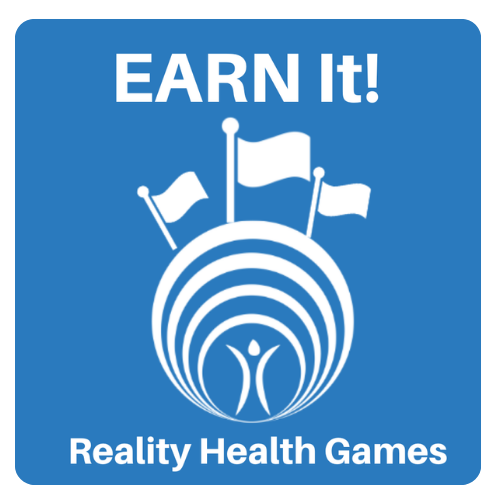
Richmond Veterans celebrate a century of VA Research
More than 150 Veterans and VA staff turned out for a day celebrating VA research. The event was hosted at the Richmond VA Medical Center campus in Virginia.
Alongside military and VA medical displays, guest speakers addressed the audience throughout the day. Perhaps the most poignant voice came from Frankie McCattry, a Veteran and research participant in a lower back pain study that included advanced treatments like radiofrequency ablation and neuromodulation.
When asked why he agreed to join a new study, McCattry didn’t hesitate: “I want to dance at my son’s wedding. That’s my why. The pain clinic here at Richmond VA gave me the quality of life I prayed for,” he said, holding back tears. “Now I can play with my grandchildren. I can dream of being employable again. I didn’t know someone would care enough to help.”
Life is good

The keynote speaker for the event was also a Veteran: Staff Sergeant John Kriesel, a double amputee, Purple Heart recipient and author of “Still Standing.” He shared his experiences with the crowd on surviving an IED blast in Iraq and rebuilding his life through perseverance and VA care.
“Life is good,” he said. “Every day is a gift, and what you do through research turns pain into purpose.”
The Richmond VA Medical Center is home to more than 300 research projects, spanning fields such as traumatic brain injury, cancer, cardiology and rehabilitation, with more than 100 research investigators. That research relies on Veteran volunteers for clinical studies, according to Dr. Jose Huizar, associate chief of Staff for Research and Development at Richmond VA.
“Without the Veterans who participate in our studies, none of these advances would be possible,” he said.
Among the many researchers who presented in the Richmond event was Dr. David Cifu, senior TBI specialist for VA and an innovator in brain health. He detailed several national initiatives—including a new Brain Health Coordinating Center based in Richmond—that aim to use AI to deliver personalized care.
“Our goal is to turn research into real-world results,” he said. “Not just write papers, but change lives.”
Recommend0 recommendationsPublished in My Healthy Veteran, US National Health Agency Sources






